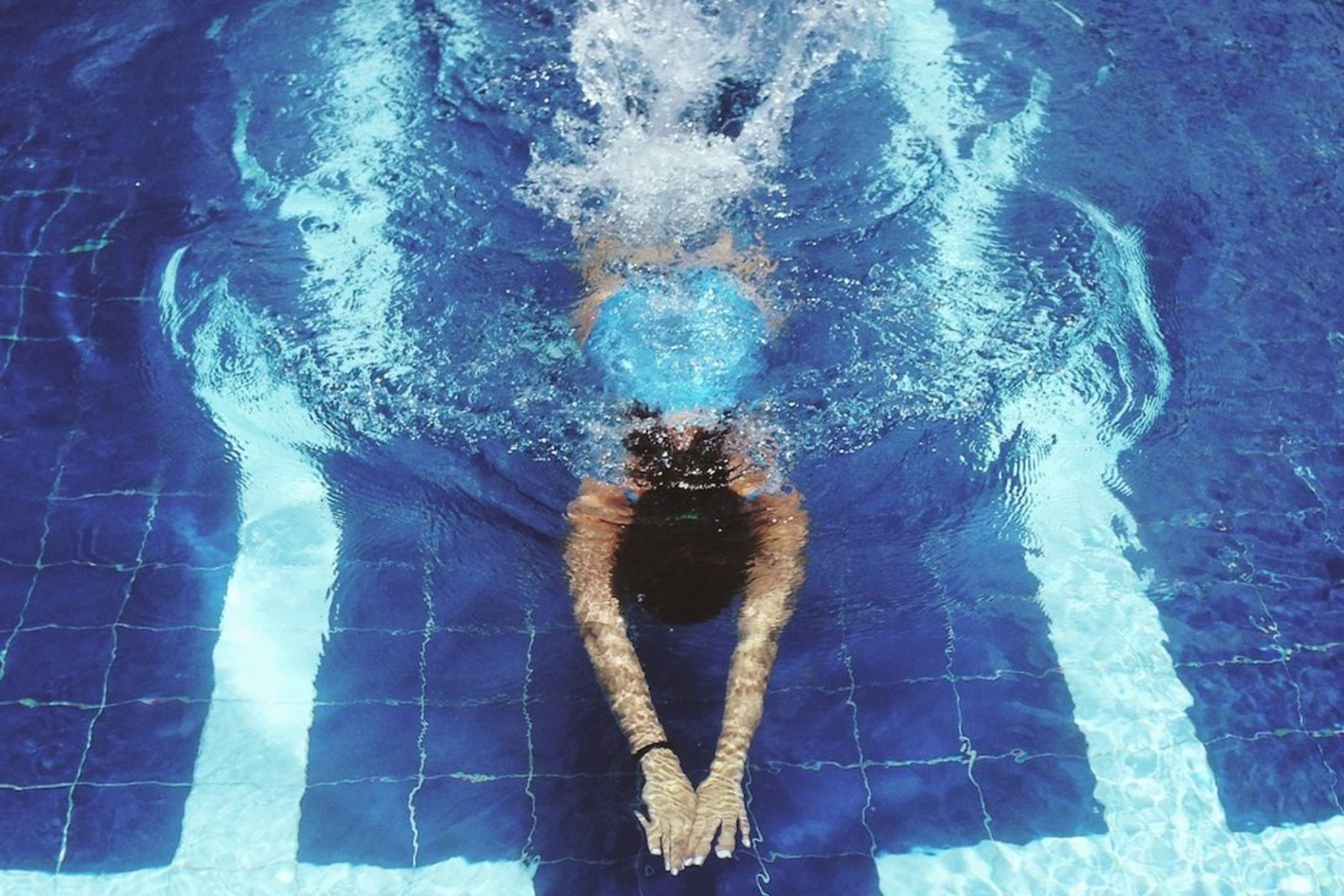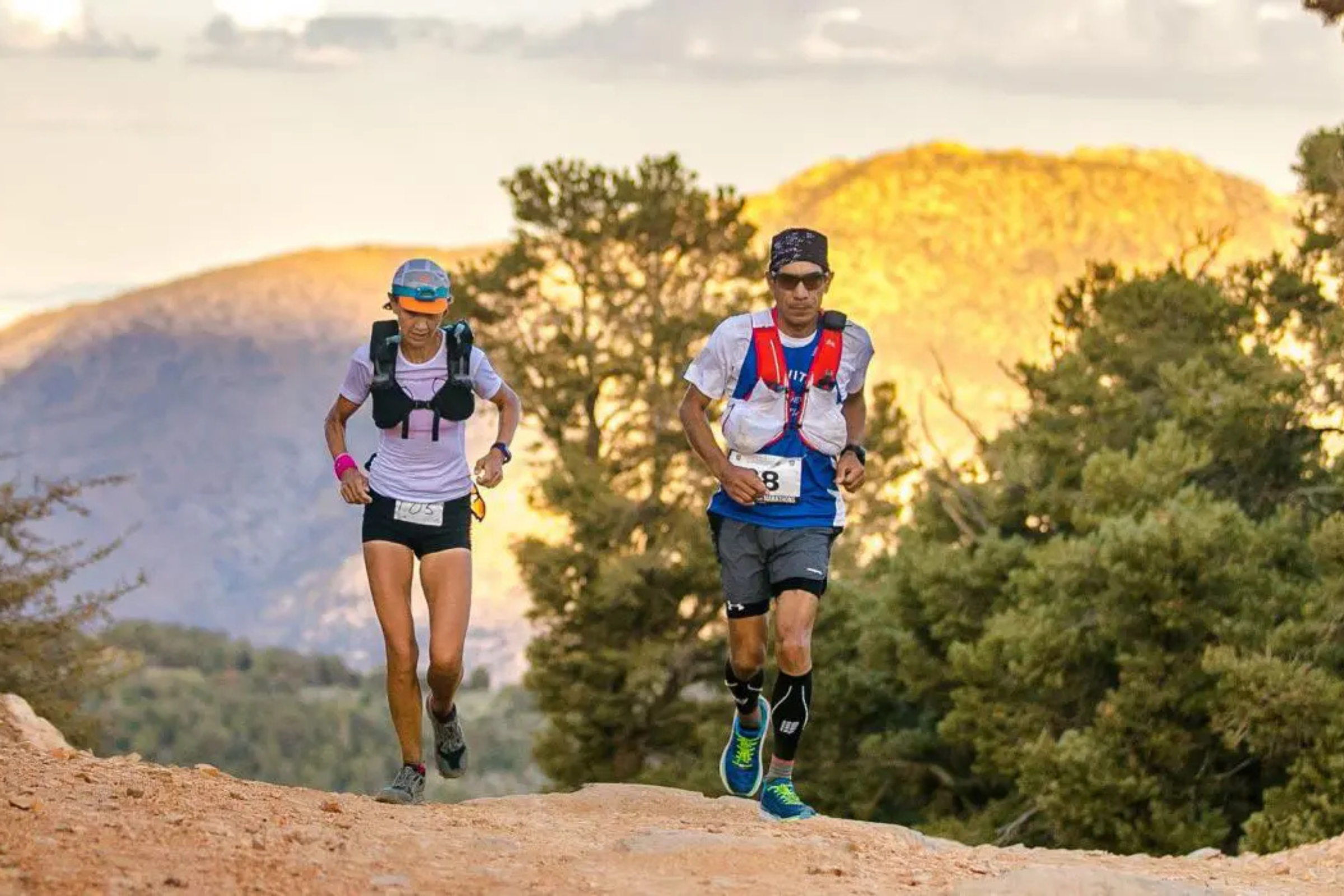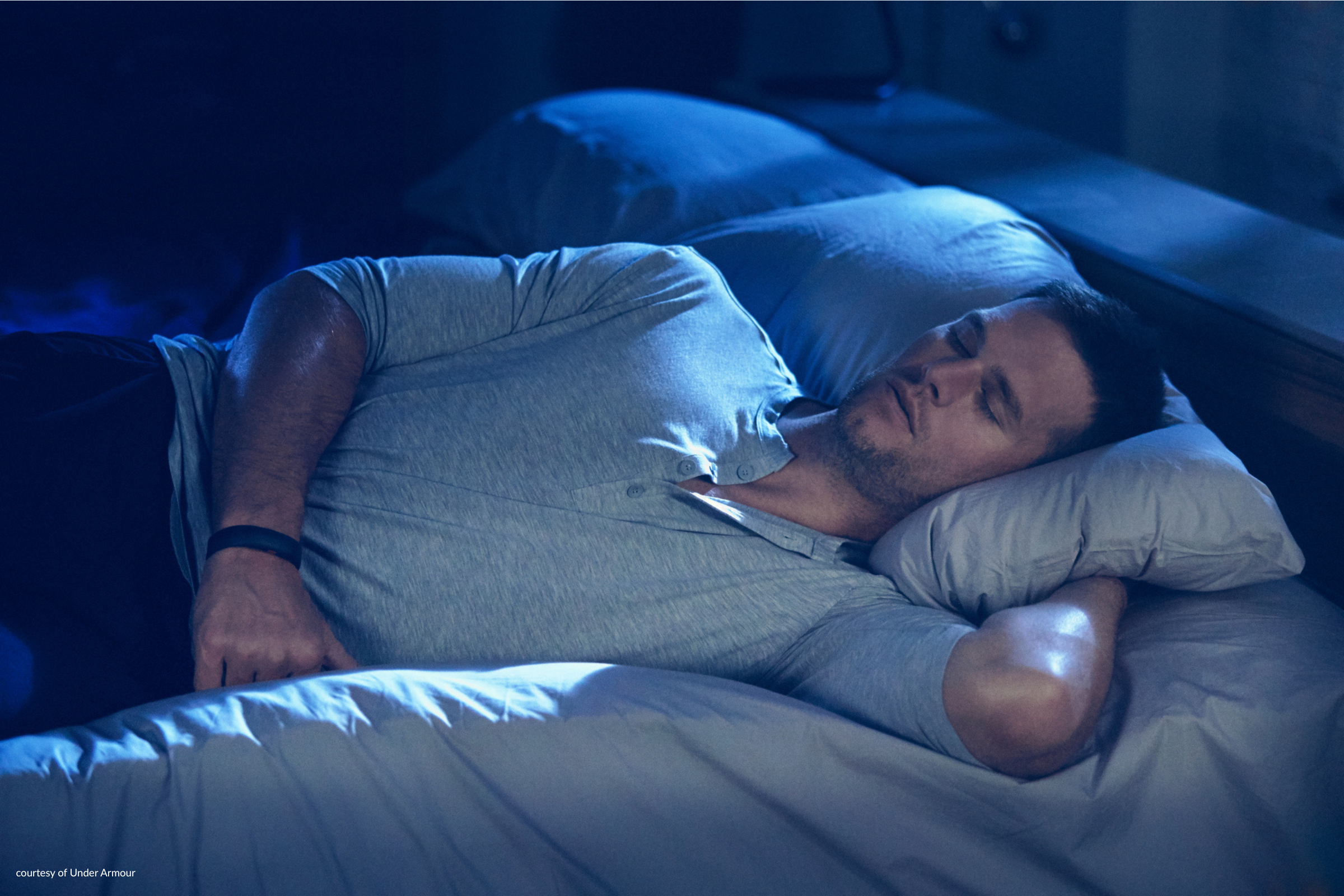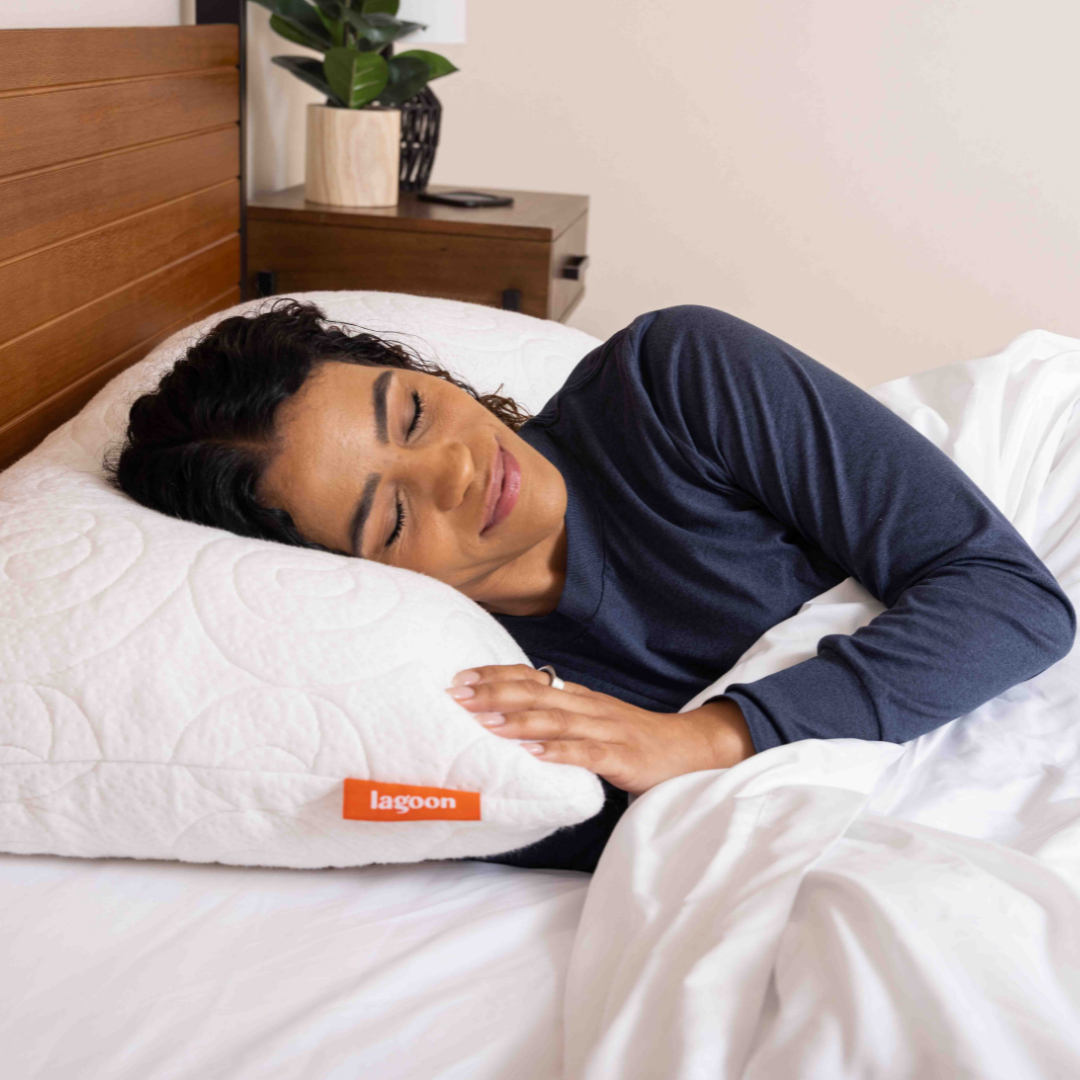Hey packlings 👋
How can swimming transform your exercise and sleep routine? What effects does nature have on your quality of rest? Which color of noise is best for you based on the location of your home? This week's edition of Sleep and Fitness News brings you the latest updates and most recent advice from sleep experts!
🏊 Dive into the Health Benefits of Swimming This Summer
How beneficial can swimming be to your health and your sleep? It turns out very beneficial. While the National Health Service guidelines suggest 150 minutes of moderate aerobic activity daily, , if you choose a vigorous activity such as swimming, this number is halved to 75 minutes as it builds and tones muscles all over your body at once. Also, if you often struggle with aching joints, swimming presents another benefit. Since water holds you up, it reduces your moving body weight by up to 90%, decreasing the stress on your muscles and joints by the same amount. Finally, swimming is also linked to better sleep as this aerobic exercise can increase the quality and duration of your rest. So go ahead and hop in the pool this summer to reduce stress, cool off, and enhance your sleep.
🌳 Can Trees Help You Sleep Better?
New research found that living in areas with greener streets can be linked to better mental health and sleep. The study led by scientists from the University of Exeter, was conducted across 18 countries and collected data from 16,000 people on the amount of time they spend in or near natural spaces such as greenery and blue spaces - rivers, lakes - as well as their mental health, and how many hours they slept each night. The findings presented a clear correlation, where those who spent more time in natural environments reported healthier sleep durations. Analyzed across a wide range of countries - from Australia, Canada, and the United states to several European countries and Hong Kong - all varieties of greenery were tested and showed the same results. If you're a regular gym goer, mix it up by adding nature to your daily routine… your mental health and sleep will thank you!
🏙️ Which Sleep Sounds are Best For You?
Nowadays you could fall asleep to sleep sounds from every color of the rainbow, with popular sounds including pink, brown and white noises. . However, it isn’t as simple as deciding whether you prefer lower frequencies or higher frequencies - it’s about what will help you fall asleep and stay asleep in your current sleep environment. To maximize the benefits of sleep sounds, find the one best suited to the location of your home and the noise outside. If you live in the countryside, and find it too quiet, the gentle rumble of brown noise is recommended. For homes on quiet streets and rural neighborhoods, try pink noise. It’s best suited to filtering the intermittent noises of the occasional person or car passing by since it compliments the sounds of outside. Green noise is optimal for suburbs and busy roads in the medium loud range. If you live in an urban environment such as a city center, white noise is the one for you as it masks sounds from traffic, sirens, and loud flatmates if you live in an apartment. Allowing noises to interrupt your sleep can limit our creativity, judgment, memory, and motor skills, so find those sounds that keep you blissfully asleep each night.
😴 Short and Deep or Long and Light Sleep - Which is Best?
Whether you only get a few solid hours a night, or lie in bed half-awake for twice as long, experts agree that neither of these alone are sufficient to obtain restorative sleep. All four stages of sleep are required for brain restoration: two phases of light sleep, one deep sleep, and one REM. These stages are cycled through an average of five times per night, however squeezing in a nap is far better than not resting at all. In this case, it’s important to remember quantity should be optimized, not maximized. To optimize your nightly slumber and learn your body's unique patterns, try a sleep tracker to measure the time you spend in each sleep stage. This data can be used to create a schedule that will allow you to wake refreshed rather than drowsy, while ensuring a minimum of seven hours. Find the day and night balance your body needs to achieve all your goals.
Whether it’s trying new forms of exercise, revealing the benefits of nature, or customizing sleep tools - we’re on a journey to improve our routine sleep and fitness. Remember to follow @lagoonsleep on Instagram for your daily dose of sleep & fitness news and entertainment.







